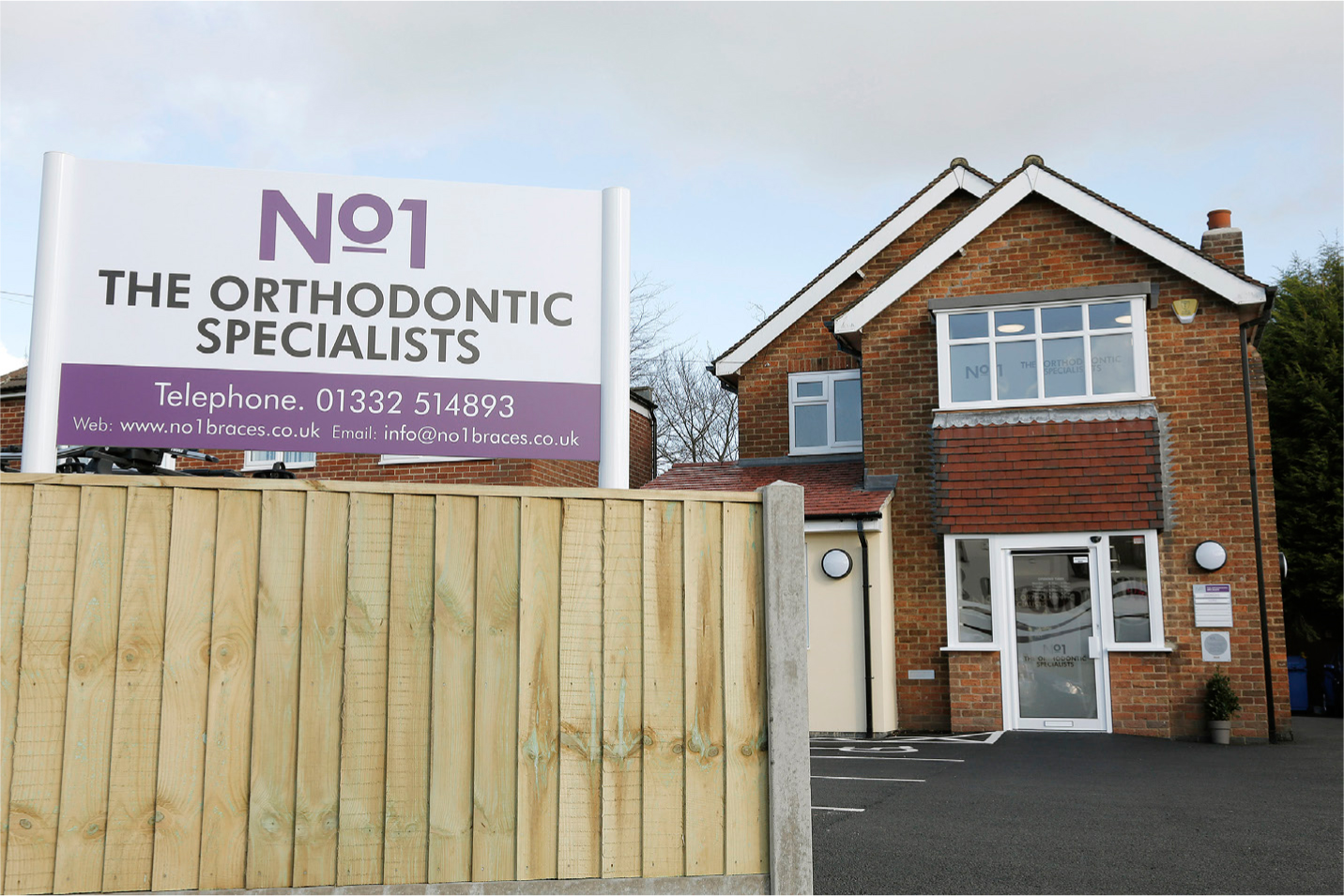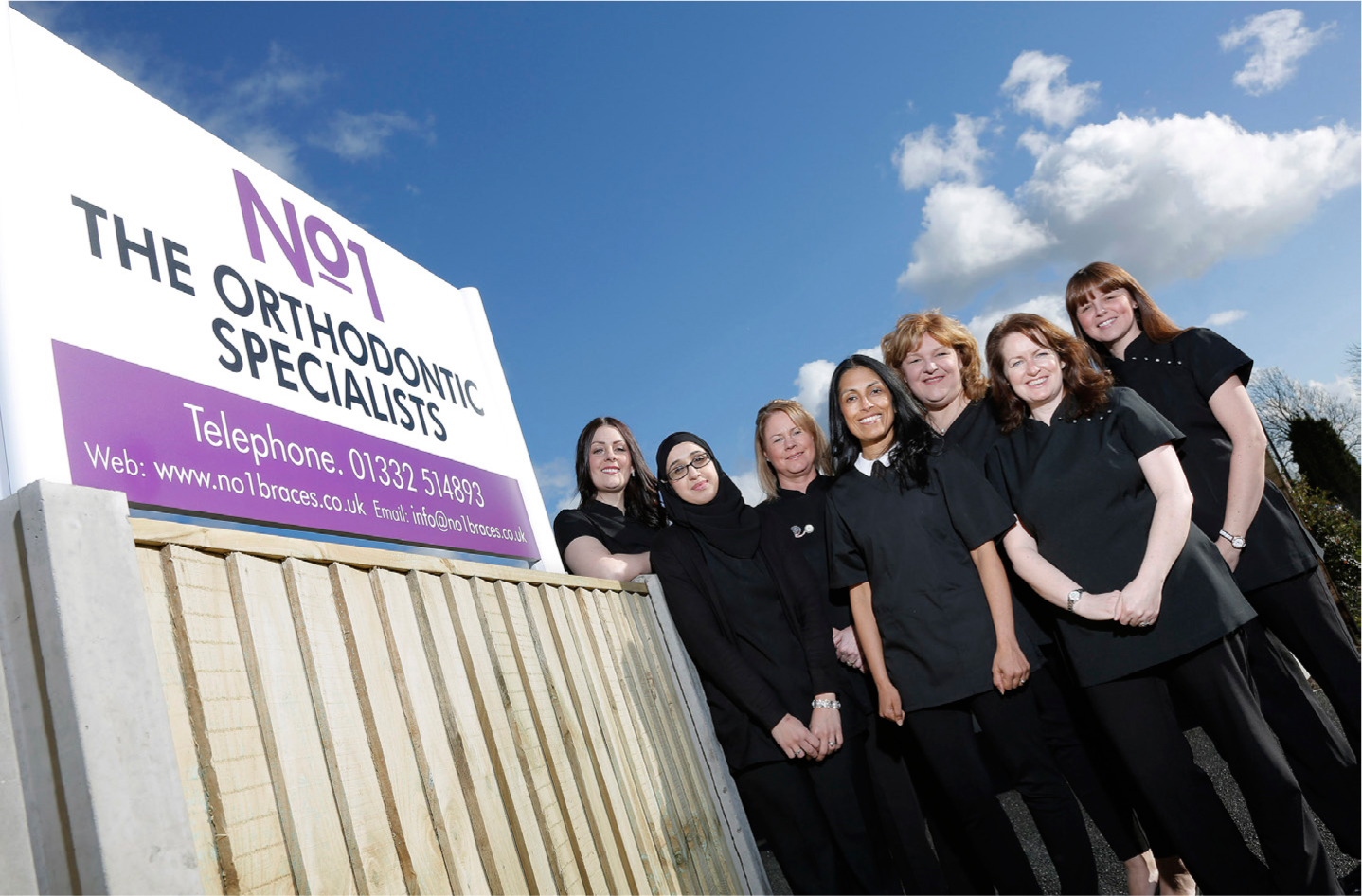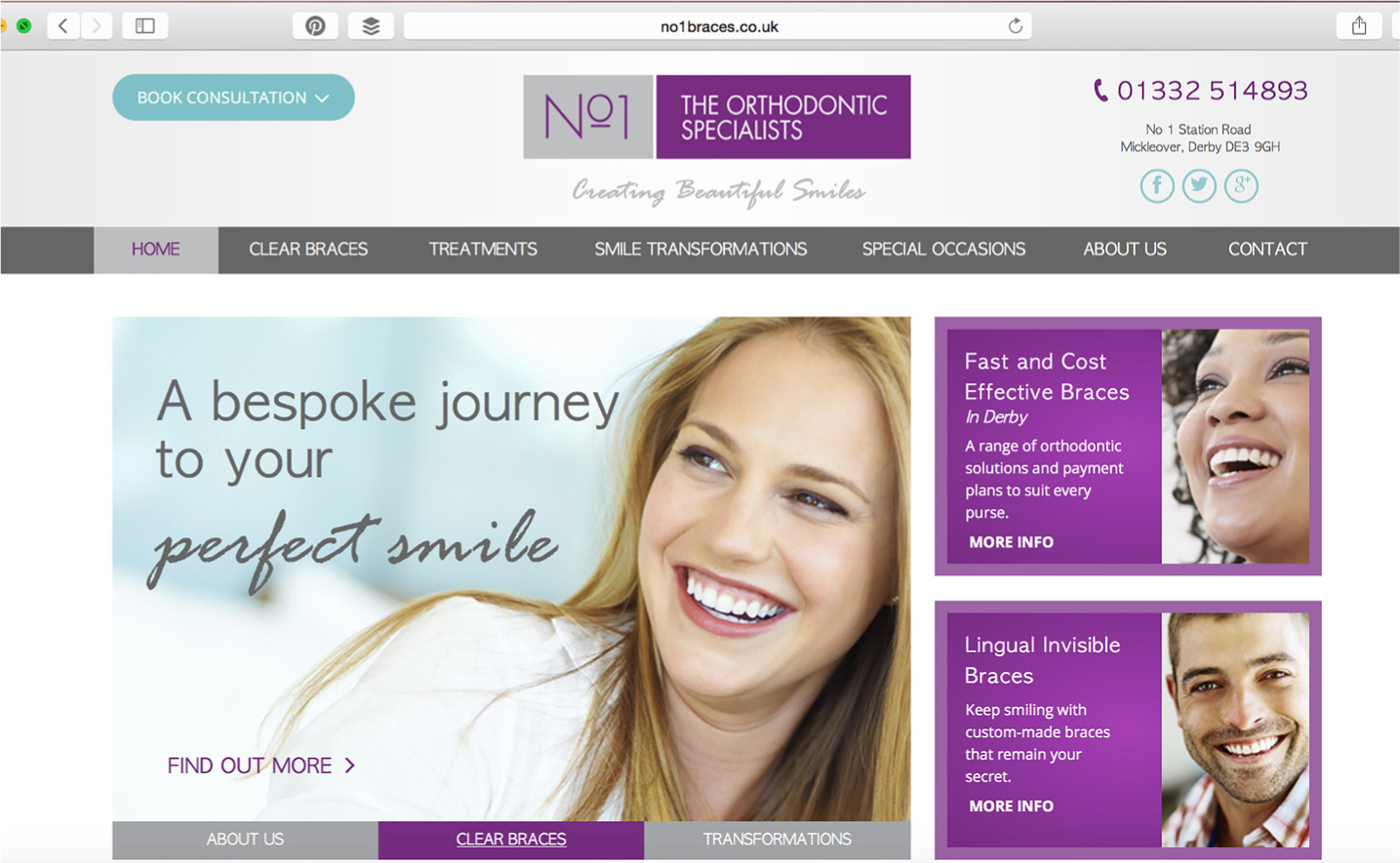Abstract
This essay highlights what has helped make our practice successful. I share some advice on how to empower your team and how to achieve your goals.
From Volume 12, Issue 4, October 2019 | Pages 157-160
This essay highlights what has helped make our practice successful. I share some advice on how to empower your team and how to achieve your goals.

In June 2012, I was invited to join a consultant colleague to purchase a NHS specialist orthodontic practice. At that time, I was working as a Consultant Orthodontist for three days a week and as an associate in a specialist practice for one day a week. I had just had my first child and I liked my work-life balance. However, NHS contracts are hard to obtain and this was an opportunity not to be missed. I was glad to have a partner to share the load and we worked well together in the hospital, so I went for it! We bought a leasehold practice and four years later bought a house, converted it into a state of the art orthodontic practice and relocated (Figure 1). It was a huge undertaking but we have not looked back once.

I wrote this to share what I have learned along the way to run a successful and profitable orthodontic practice.
Leadership skills are learned throughout life. As an associate it was easy to be part of the team and never rock the boat. Prior to taking over as a co-principal of the practice, I read several texts on how to be an effective leader and run a successful dental practice. They all said similar things: have a vision, form a strategy to achieve your goals and align your team to it. It took us a few weeks to assert ourselves in the practice, as we were new to business and to primary care. The practice had been run previously by a single-handed orthodontist who the staff adored but did not necessarily work in the same way that we did.
In the very beginning my business partner and I drew up lists of where we wanted to take the business and where we saw ourselves in five years' time. We were united in our vision for the business. We wanted a practice that would be a pleasure to work in, that felt like a sanctuary and to create a modern, yet comfortable environment where people want to be. Most of all, we wanted our practice to be about our patients, making the patient experience even better.
We bought an existing specialist practice housed in the ground floor of an end-of-terrace house. People politely described it as being ‘bijoux’ and we knew our business would outgrow the property. Our plan was to use the four years left on the lease to grow the business and find a suitable building for our own future premises. Once we had found the building, and working with the nurses and the architect, we could spend time deciding exactly how to design the practice so that we were able to achieve our vision.
Once we moved, our goals became slightly blurred as we grappled with the pressures of running a larger practice with a larger team, many of whom were new to orthodontics. It was important though to redefine our vision and to convey this to our team. Within days of defining our new plans, we noticed a big change in our team – they were excited and more motivated to help achieve our new goals of growing the business. The NHS contracts are changing and our business needs to be prepared for this.
We learnt very quickly that having an enthusiastic team did more for our business and our psyche. Our policy is to recruit the right people and to share our vision for the practice. This empowers the team to thrive and be ambassadors for the business. We believe you should never give anyone a job you would not do yourself. Make sure you do everything to achieve your vision and lead by example (Figure 2).

We started off with a small team of three part-time staff and two principal orthodontists. We have now grown to seven staff, one orthodontic therapist and two principal orthodontists. It has not been easy and two nurse team members left within their first year. They were leaving dentistry, which was less of a blow to my ego.
Two-way communication is essential in running a business. We regularly have practice training days and practice meetings. These days are a great platform to hear what the team has to say about what they feel the business can improve upon and it is vital that all the team is aware of the core values for the business and buy into the vision and mission of the business. We work hard to create a culture of respect, trust and support; each member has an opinion and is listened to. Everybody works hard but one of the best compliments we receive from patients is that they love the feeling of the practice and camaraderie amidst the team.
Recognition and appreciation of excellent work makes us all feel good, and your staff are no different – it will boost their esteem. We take the team to conferences, awards ceremonies and on team-building events. Each team member has regular appraisals. We promote training and try to develop their hospitality skills. They have incentives to achieve the goals we have set them, such as getting their radiography qualification. Their Personal Development Plans help identify how they want to develop their careers and we work with them to accomplish their goals.
Initially, we wanted everybody to be able to do every job. However, as the team grew it was evident that we needed to give people defined roles and to work to their individual strengths. Everyone knows where they fit within our business and who to go to for various issues.
Staff management is notoriously difficult and we are lucky to have an excellent team. Most of them genuinely love their jobs and it shows!
A dental practice is only successful if its clients value the service. Our goal is to create the best impression to our clients so that they want to return and will tell others about us. We want them to become part of our family. We have a suggestion book and regularly ask for feedback. Patients rave about the ambience in the practice and how friendly our team is. Our ‘word-of-mouth’ referrals are increasing daily – and we encourage this, it's free marketing!
Get your branding and identity correct. It is worth spending time to ensure your website works well and is optimized for all media (Figure 3).

Patients are the best advertisers so ask them to spread the word if they were happy with their experience. Social media is a very cost efficient way to tell everyone you are here. Revise your strategy according to your capacity – it is not appreciated when you have a heavy advertising campaign only to find you cannot cope with the avalanche of enquiries or referrals.
Test and measure everything. You cannot change what you don't measure and you cannot tell if you are achieving your goals if you are not testing, measuring and tracking your results. Key Performance Indicators (KPIs) make it easy to keep track of what is happening. The NHSBSA have set out the KPIs for PDS contracts. In addition, we had our own business KPIs, which are reviewed each business meeting:
For the first three months, we were appalling at measuring our performance apart from knowing how many UOAs we had fulfilled. We carried out a SWOT (Strengths, Weaknesses, Opportunities and Threats) analysis and organized to have monthly business meetings with the senior members of the team. We discuss our KPIs. A top tip is to invest in a good practice management system that can help measure performance about patient numbers, UOA claims, and number of appointments available, etc at the click of a button
We are only just beginning to realize that we need to have an annual budget so we can focus on our vision, strategy and goals. We tend to look at last year's expenses and add a percentage and also add any new expenses we may need.
Finances are easier to manage with accounting software. You can get management accounts with the press of a button to give you a snap shot of where you are compared with the year before. Like everything, the programme we use took time to learn, but we could not do without it now. It is easy to work out how much it costs to run the practice each hour. That helps us adjust our fees accordingly.
Try to become involved with your Local Professional Network (LPN) and Managed Clinical Network (MCN). It is a great forum to keep abreast of changes in commissioning and the needs of the area. Local dentists are more likely to refer patients to you if they know your face. You could offer ‘Lunch and Learn’ sessions, join the Local Dental Committee (LDC) and attend the local British Dental Association (BDA) meetings.
At present out business goals take precedence over our personal goals as we are still establishing ourselves. We definitely need to improve our work-life balance and would like to work less. I would like to have more time with my family. We are fortunate in that we're in a job that we love but we still need to get the balance right. I don't think about retirement all the time but it still needs planning – 20 years is what my financial advisor is suggesting! I have tried to be realistic about my personal goals as I would be disappointed if I had set a target to work two days a week after five years of buying the practice!
Owning a practice is hard work and not for everyone but, if carried out correctly, and with the right team around you, it can prove to be very rewarding personally and hopefully financially in the future!